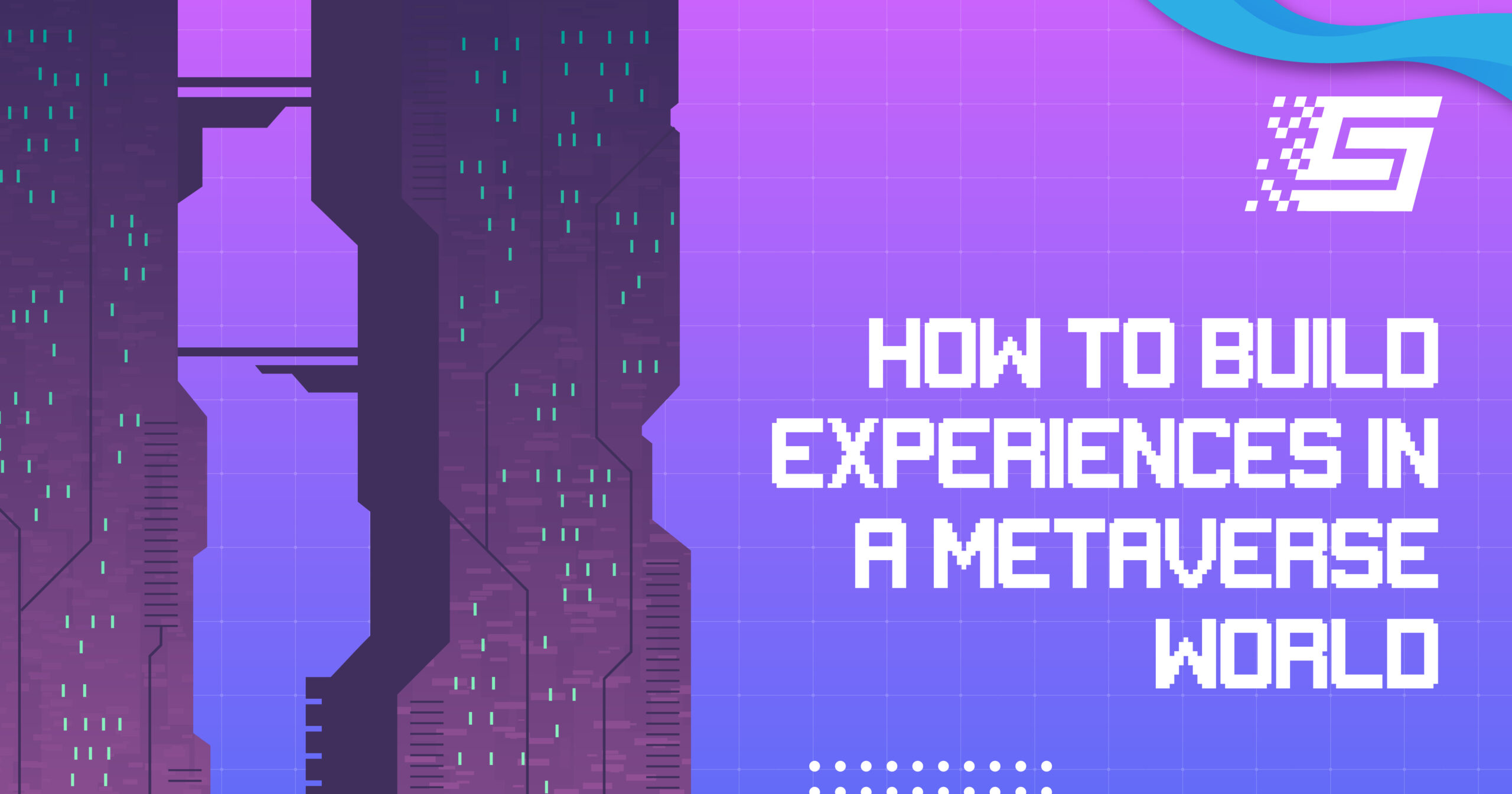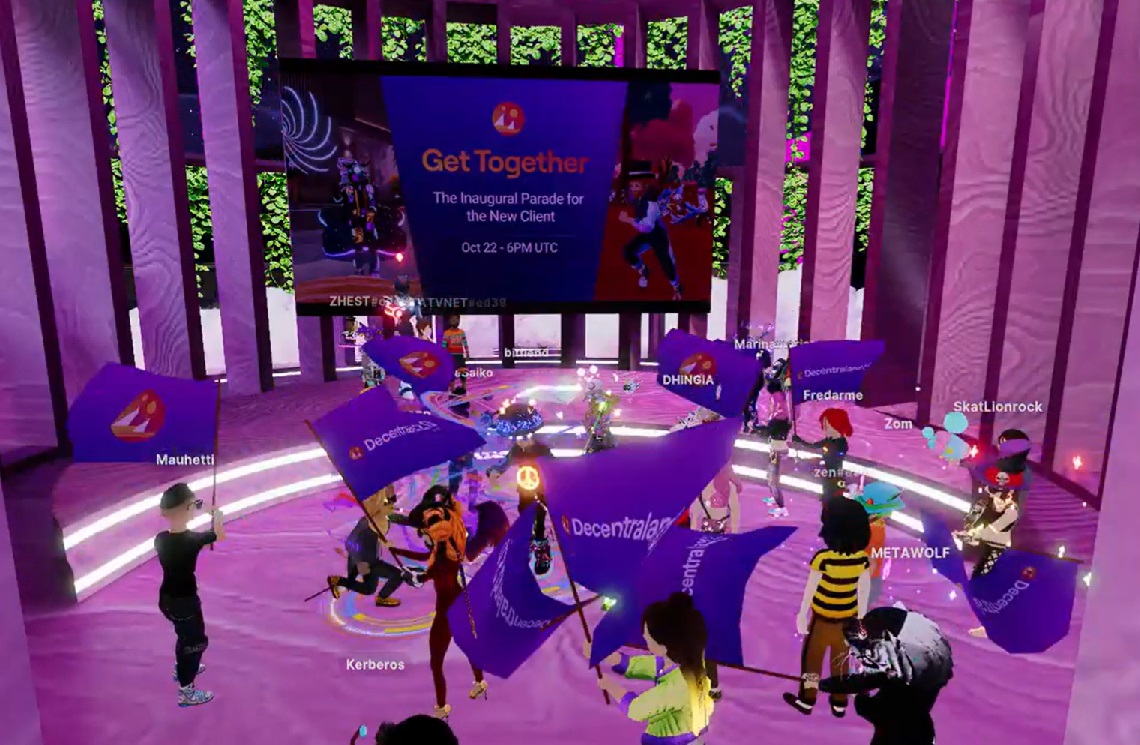
How to build virtual experiences in metaverse platforms
Building a virtual experience is just as critical as launching a metaverse platform. Virtual experiences or scenes are similar to the skyscrapers, housing estates, and parks we find in every real-world city. Also, they are like houses, stores, and schools in local towns.
Imagine Dubai without those breathtaking skyscrapers or Paris without its planned structure and beautiful sights. Would anyone pack their bags and travel to those cities for Christmas? Probably not. In like manner, a virtual world without experiences is an empty digital space that no one will visit. At the same time, these experiences should be diverse and varied, just as physical cities have countless places where you can visit.
The need for various digital activities has created limitless opportunities to build virtual experiences. In this article, you will learn what is required to build a metaverse experience and the most suitable platforms to build digital scenes.
What you need to build virtual experiences
Hardware
Builders starting in the metaverse space must arm themselves with the best hardware devices. The essential hardware for every metaverse developer is a computer system (PC).
Some virtual worlds have specified system requirements. Users or visitors that log in to such platforms with computers that are not up to the specified standard will have difficulty navigating such platforms.
Likewise, a developer planning to build a virtual experience should own a PC with vast storage space and a standard processor. Otherwise, using metaverse SDKs and other software programs you need to build virtual experiences will be impossible.
Meanwhile, it might be helpful for developers building in a virtual reality metaverse (e.g., Horizon Worlds) to own a VR headset. This will enable you to test what you have built before launching it for public use.
Software
Metaverse platforms are digital worlds built in an intangible space. As an engineer builds a physical structure, a developer builds a virtual experience. Most software programs that help you build virtual experiences are free and open-source.
Also, open virtual worlds are known to provide free software development kits (SDK). These tools can help creators to build almost anything, from a simple 3D house or furniture to complex multi-player games.
Blender
Blender is suitable for creating a scene or experience in a virtual world. It helps in designing 3D animations, storylines for games, digital sculptures, etc. Not only is it free, but Blender also reduces the burden on creators by running offline. So, after downloading the program, you can design and save experiences without an internet connection.
The minimum system requirements for Blender are Windows 8.1, macOS 10.13, and any Linux system. After creating iconic digital scenes, creators can upload their works on virtual worlds and make them available for every metaverse visitor.
The Sandbox Game Maker
This game maker helps build virtual experiences and launch them directly in The Sandbox metaverse. It allows you to begin building from scratch or to select a design template. Although it is a free tool, potential creators must apply for Alpha access which is sent to their email addresses.
Everyone can work on the game maker software. However, just as you can’t build a house on thin air, only creators that own LANDs can launch a game or scene in The Sandbox.
Decentraland
Decentraland has two tools for building virtual experiences – the Builder and SDK. The Builder is a simple web tool for creating rectangular-shaped scenes, while SDK is an advanced software that requires coding knowledge. Regardless, both tools are interoperable, as creators can export a scene from the Builder to the SDK.
Decentraland Builder is a drag-and-drop tool. It features varieties of items that you select and drop on your land. Also, it can help you easily design static structures like houses and furniture.
Meanwhile, Decentraland SDK works for creators that can build virtual experiences by writing codes. Using the SDK is like creating a game from scratch, so creators must have basic knowledge of software development. Also, you don’t always have to build scenes using the SDK, especially if another tool makes the job easier. Instead, you may create a scene with another software and upload it to Decentraland SDK.
In addition, after building virtual experiences using Decentraland SDK, you can export them to third-party virtual worlds. Further, if you do not own virtual land on Decentraland can rent one to launch the game, scene, or event you have designed.
Axie Infinity
In April 2022, Axie Infinity launched a Builders program. This program aims to give developers in the Axie community an opportunity to build for Axie Infinity players. Since its launch, Axie Infinity has supported more than 12 virtual experiences built for the Axie metaverse.
Axie Infinity invites all talented creators in its community to design games and experiences through the Builders Program. Nevertheless, building an experience for Axie Infinity works differently than other web3 virtual worlds.
Axie Infinity does not allow you to create an experience and launch it in its open metaverse as you would on Decentraland. Instead, builders are to design fun and engaging games and submit their designs by filling out the Axie Infinity Builders form. If your game is approved, you can launch an experience in Axie Infinity through the Builders program. Also, developers that get into the Builders Program have access to grants of about $10,000.
According to the Axie Developer’s Cookbook, developers must be familiar with the GraphSQL programming language before building games for the Axie metaverse. They can also create prototypes using video game software like Unity SDK. Remember, such games must align with Axie Infinity’s vision and be safe for its global community.
Conclusion
Building virtual experiences is a demanding skill. It will become even more demanding as the metaverse vision becomes more widespread. In the meantime, whether it is a game, a park, a virtual arcade, or even a virtual event, you can earn a living by building virtual experiences.


